I played through the game, and decided to be 'good'. I stepped into the lobby of the tower, but never went up any floors (you collect blocks as you complete puzzles which allow you to unlock the different puzzle sets, and which allow you to unlock special areas, like the tower lift). I went to some trouble to collect every single standard block in the game (there are also some secret blocks hidden outside the puzzles, which require extra thought to collect), but then never used them. In the final puzzle set hub, which has the visual theme of a cathedral, I did what Elohim asked, and passed through a set of large doors to my final destination. Another small garden, with a computer, where I could end my journey. Up to the very last moment where I chose to accept the computer's prompt, I could have turned around and just gone to have a look around the tower, at least. But I didn't, which I feel says something about me that I'm not sure is especially complimentary.
Maybe I should have seen it coming as the game didn't allow multiple saves, but it took me by surprise and made me think about my choice in a way that I wouldn't have done otherwise. I did everything right and I followed instructions, and what did I get for it? Nothing in particular. Just a hollow pat on the back and a note that I wasn't what was needed. I had made my choice, and this was the consequence. If I ever wanted to see what was in that tower, I'd have to work for it, again. All because I took the boring option.
The trouble with consequences is that they can be infuriating if they feel undeserved, or if you've put a lot of work in beforehand. Undertale was very clear about how things worked, and isn't such a long game that replaying it would be an unreasonable undertaking if I feel the need to do a full pacifism playthrough - the fact that story text seems to change as well to reflect that you've been there before helps. The Talos Principle almost annoyed me, but that might have just been the fact that it was basically criticizing my choice.
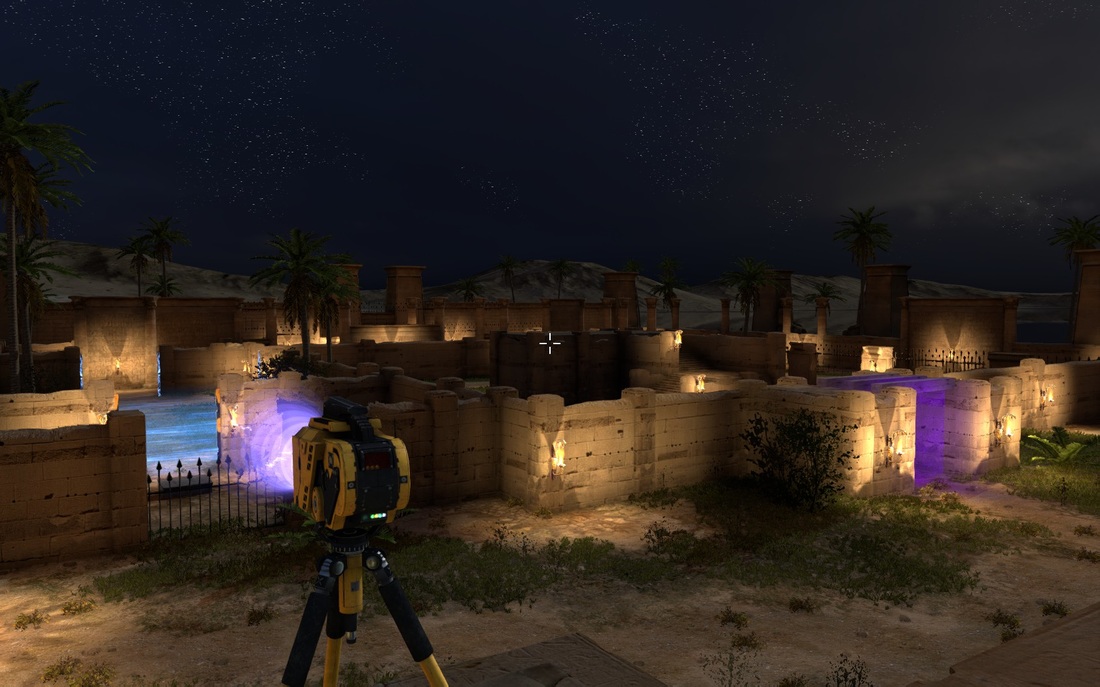
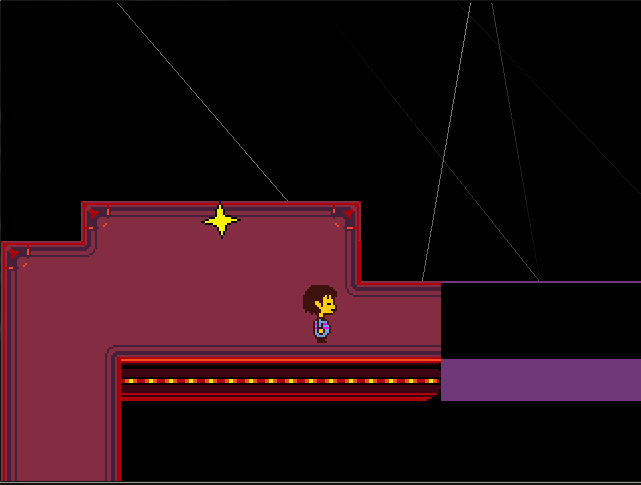
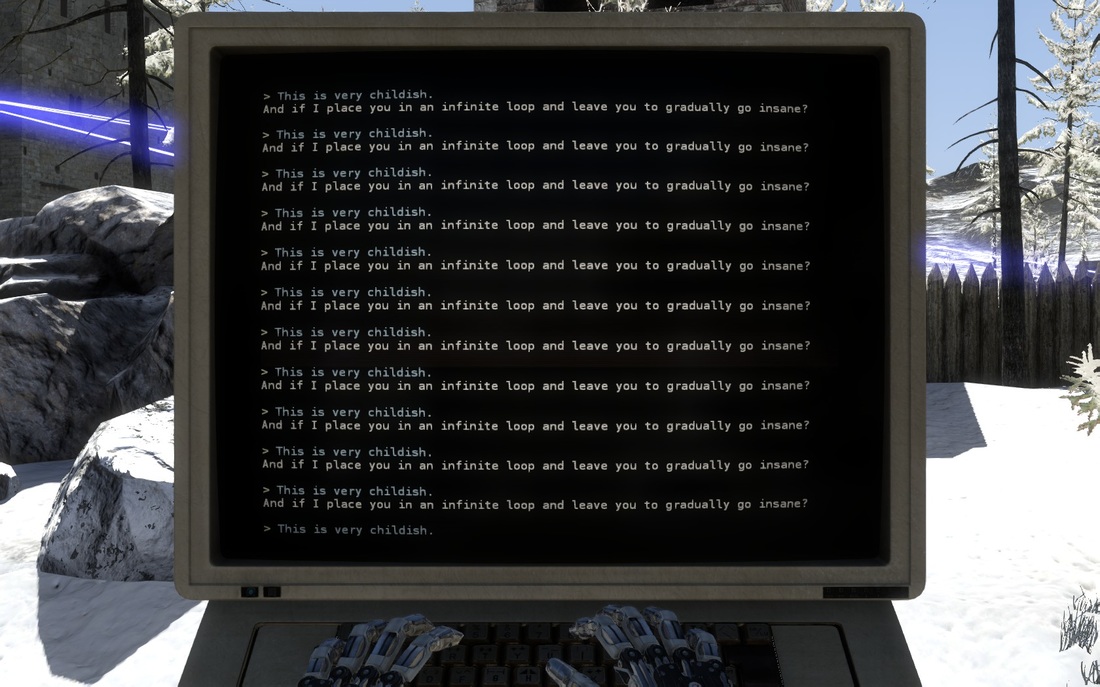
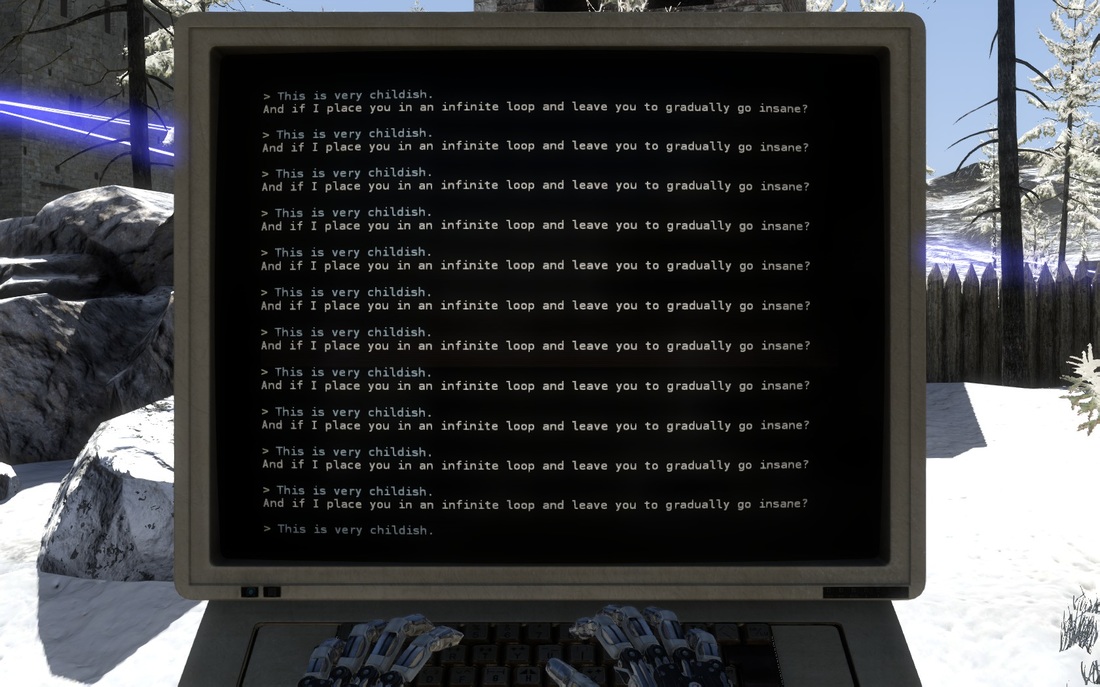
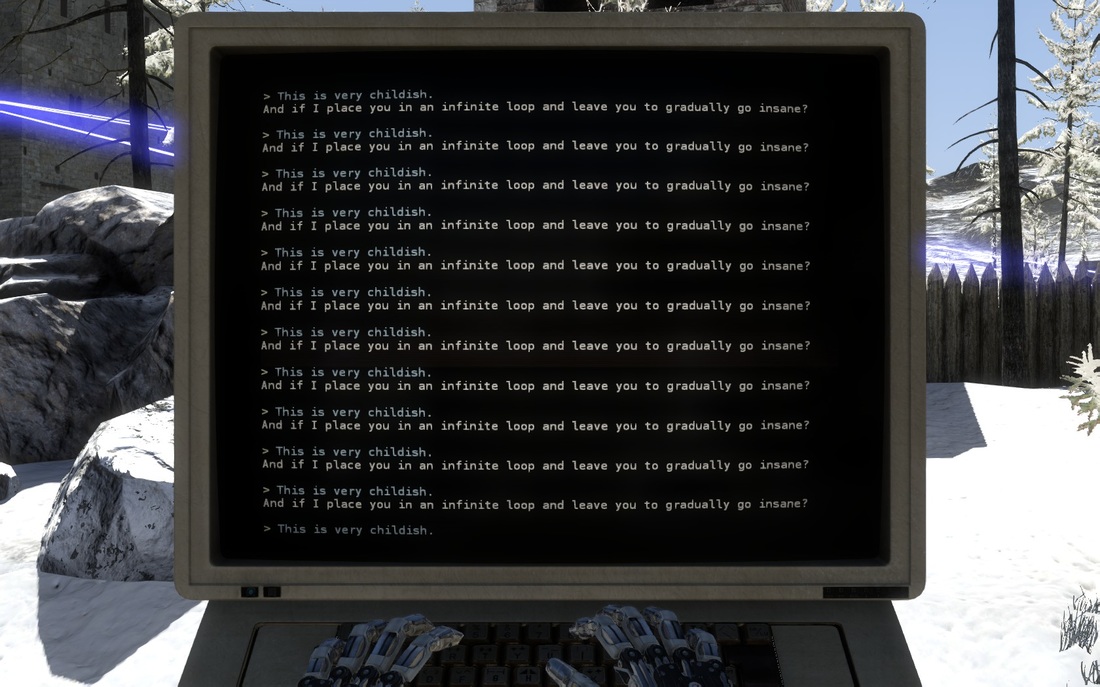
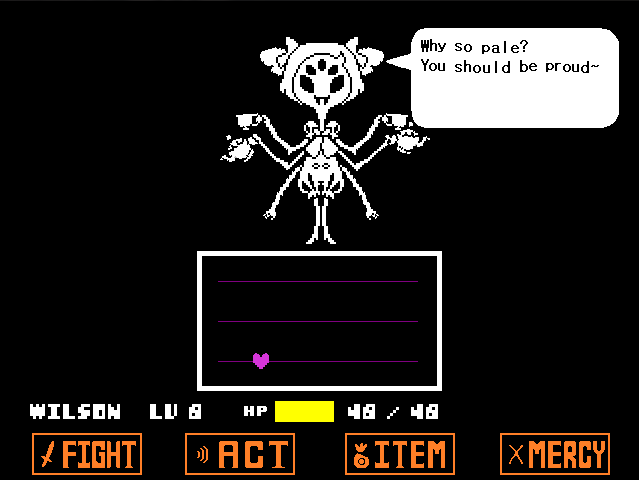
 RSS Feed
RSS Feed